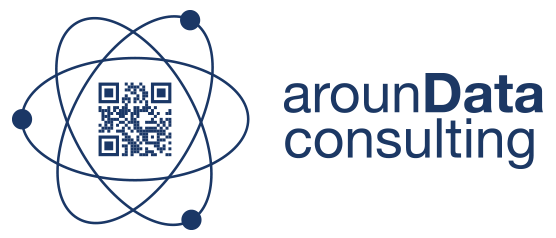
When delivering product data management projects, it becomes clear that many points and issues have not been well addressed due to lack of scoping, time, organization and resources.
Arriving at the end of the project, these points, pending or to be solved later, require partial or total rewinding of the project.
What is rewinding a project?
Rewinding a project is like unfolding back the whole project; undoing what has been set and find new solutions.
In certain situation, you may have to put things at flat!
We talk about rewinding a project v/s running the project.
To give a more accurate picture, imagine that you are building a living room. You just finished it and you realize that you forgot the window (I’ll be nice not to say the door frame) or the tunnels for the electric cables …

To make up for this, you go back to work the room: Break a part of the wall to install the window and unfortunately there is no more budget left to repaint the wall!
For the electric cables, the wires will pass through the room; it is less aesthetic but much less expensive than to drill in the wall, pass the cables, to re-cover and paint.
And since there is no budget left, things are done in a cheap way. Doing things as per state of the art is postponed to later.
And later, we all know that it will not be a priority anymore …
And we end up with a room torn and sometimes not pleasant to live and that no longer corresponds to what we had imagined or drawn.
This is what’s happening in many product data management projects.
The Kickoff milestone
For many companies, the project starts with the famous Kickoff meeting.
This large meeting is attended by consultants from the software vendor, the integrator and a number of employees of the company.

And, like any project, the focus is on the objectives, deadlines, planning and cost.
There are workshops for
- Data modelling: what attributes, what characteristics, etc…;
- Process with discoveries of a number of interfaces to be developed;
- Design of publication;
- Data quality and data recovery workshops;
- And so on…
During the project, the team start discovering that a number of points are still to be addressed correctly in the scoping phase. They are considered as obstacles to the project.
- As example, in the data modelling workshop, there are attributes that have to bear different values determined according to other elements;
- This has major impacts on the planning, development and design of the database?
- For processes, additional interfaces and exchanges between applications were not specified earlier and need to be set.
- These points have major impacts on costs and more important on company processes and organization.
Meanwhile, the whole discussion and exchange on data governance, RACI, ownership …. have been put aside
These blocking points are escalated to the steering committee, which cannot decide in the majority of cases, by its own.
It needs to be reported to the Executive board for decision.
This chain of committees slows decision-making. It impacts deadlines, budgets and of course the delivery of the solution.
And so, the project reaches a major milestone on its way for closure and delivery (because it needs to be closed it in order to keep budgets and planning under control, otherwise…) with a number of points that have not been dealt.
These points will require a resumption of a large part of the project or what I call “rewind the project” (as opposed to unfolding).
How to avoid this bottleneck?
The first thing is that the Kickoff of the project does not take place after the selection of the software vendore;
but the kickoff must take place at the time of the decision to start a product data management project.
It must be done with the setup of a data governance committee.
The main mission of the data governance committee will be to manage the scoping phase.
This is the best way to guarantee data quality for the future.
This scoping phase must ensure that the ROI of the project is really ensured by maximum automation and integration.
And to ensure that the product data management solution will be central in the daily work of the company’s employees.
This governance committee is composed of decision-makers and executives in the company who are able to make decisions impacting the processes and the organization.
It will help understand, define and frame the needs of the company, in data as far upstream as possible.
He will be able to respond quickly to questions raised by the project steering committee.
The data governance committee will be supporting the project steering committee; he will be able to help him in the planning and keeping project costs and deadlines under control.
In addition, the governance committee will be in charge of the PIM deployment strategy and disseminate in the company, the culture “how the PIM helps to improve our work? “.
And so, find new ROI levers for the PIM.
What are the differences between a data governance committee and a project steering committee?

Depending on the size of the company, the governance committee may be confused with the management committee of the company.
Governance issues should not come once the PIM / MDM solution is delivered.
Setting up a product data governance committee for a project, at the project inception, will help
- avoid rewinding a project;
- guarantee a sustainable data quality;
- ensure satisfaction of all stakeholders.
Do not hesitate to contact us for more exchanges and support on these topics.
